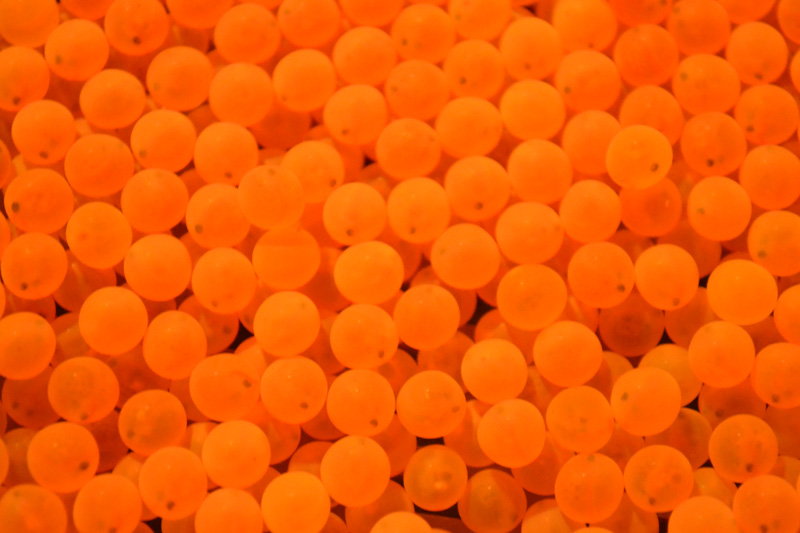
Anthropogenic impacts on reproduction and development in fish and shellfish in Maine
Aquaculture Is the fastest growing agricultural sector, and continues to grow at a rate of 8% to 10% per year. If Maine aquacultural producers are to keep pace with global demand, they must understand the impacts and implications anthropogenic pollutants have in their aquatic systems, and understand the causes of adverse production outcomes. In addition, wildlife managers are equally poised to benefit from understanding the effects of anthropogenic impacts on the reproductive health of wildlife populations. This project seeks to determine the current causes of poor embryo survival in Atlantic salmon, including how environmental pollutants could be contributing to these declines. In addition, this project explores how certain environmental chemicals, such as excessive nitrate, alter endocrine function in finfish. We also aim to identify mitigation strategies, such as the use of TAML Activators in aquaculture systems. It is hoped that information gained in these studies will improve aquaculture productivity, and lead to the production of reduced or contaminant free fish.
Investigator: Hamlin, H.
Unit: School of Marine Sciences
Termination Date: 30-Sep-17
